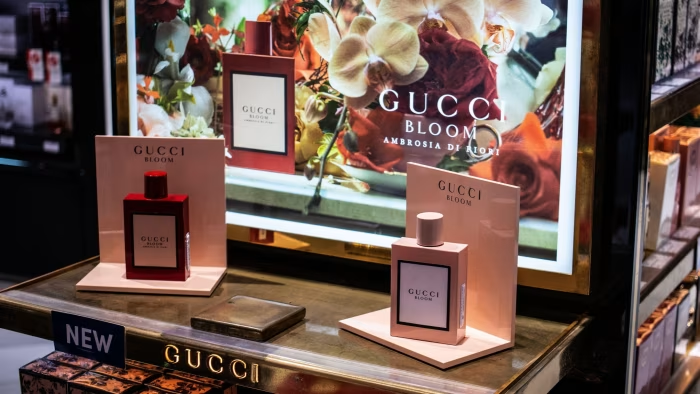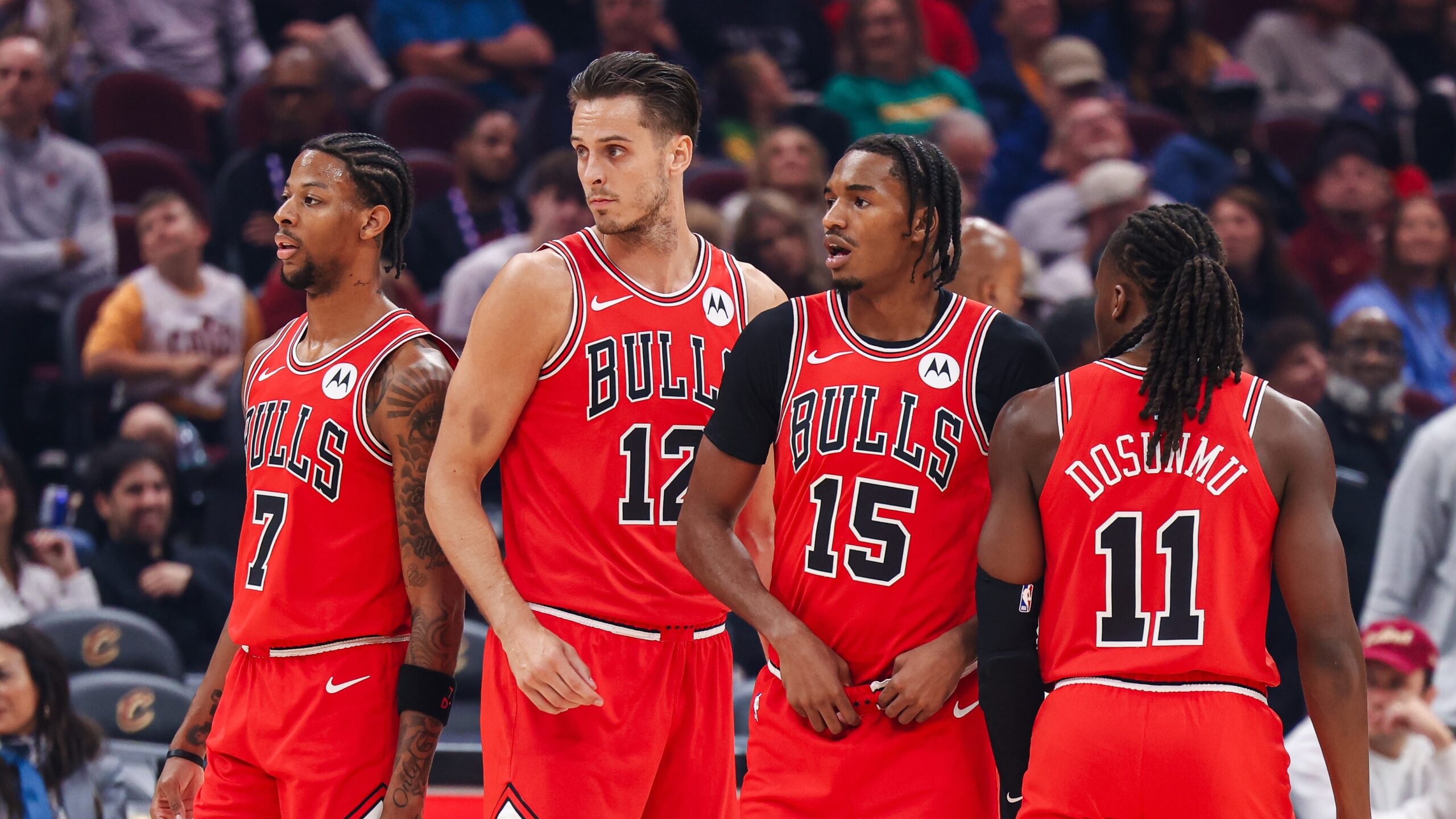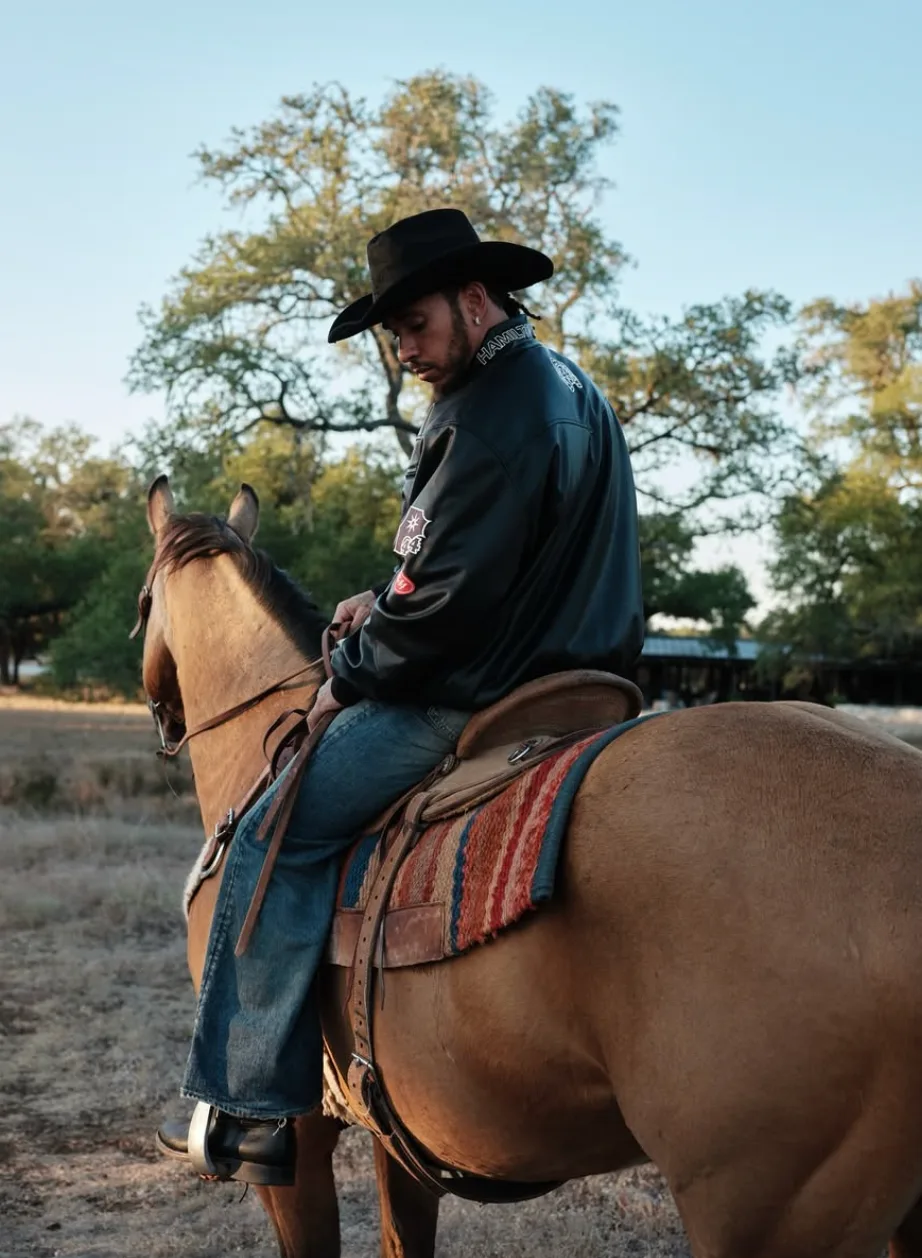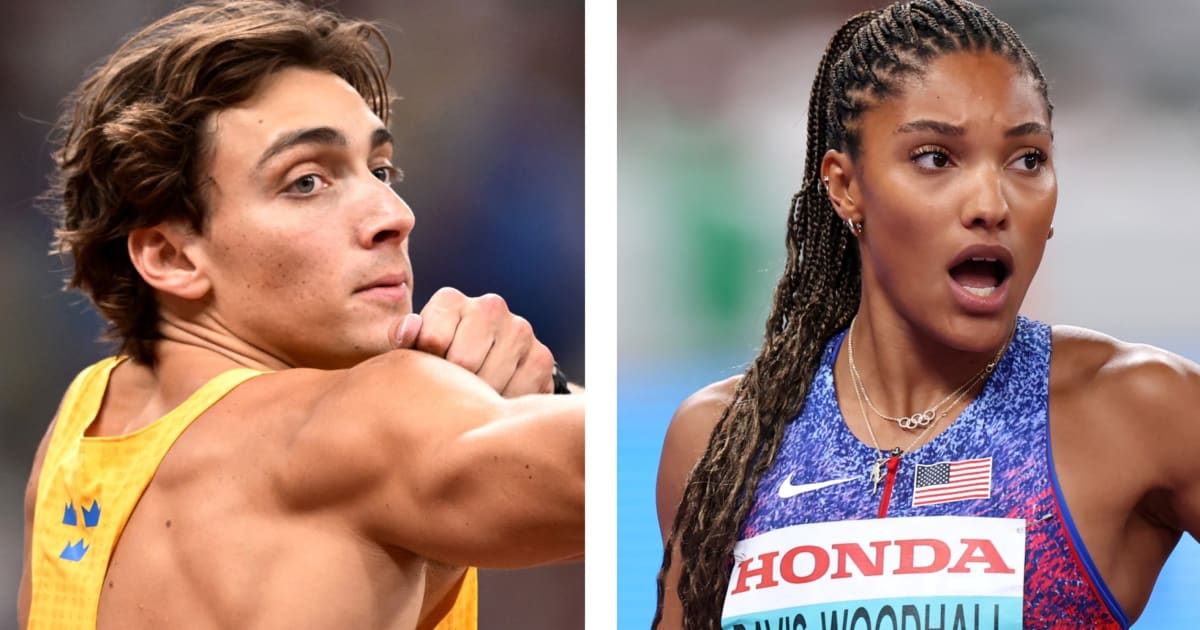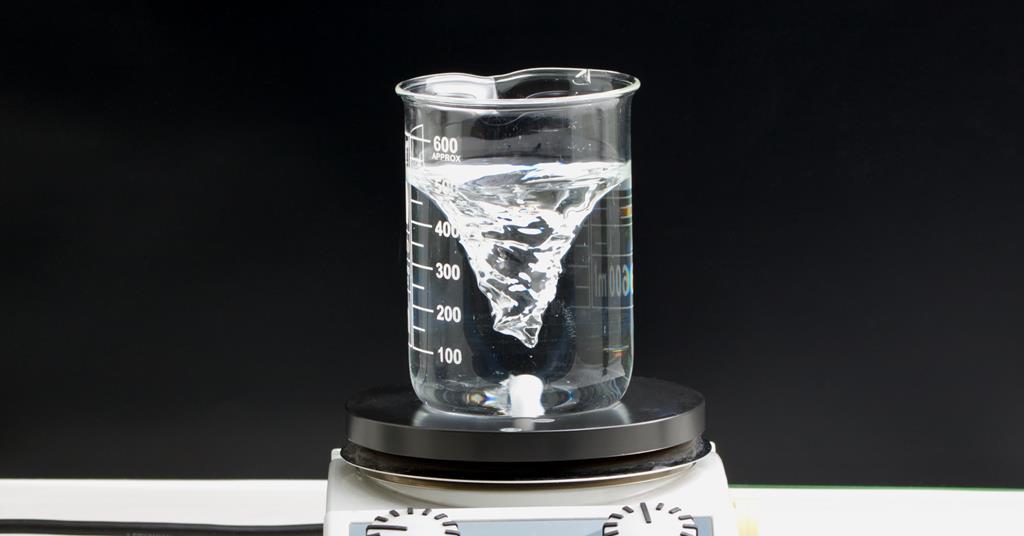Kering’s new chief executive has vowed to make sweeping changes in an urgent bid to refocus the luxury group on fashion, as it announced a €4bn deal to sell its beauty operations to L’Oréal.
Luca de Meo signalled that he planned to make several big changes to the Gucci-owner, one of the world’s top luxury groups, saying he had moved to seal the beauty deal “as quickly as possible” and promising that “you’ll see others”.
The luxury sector enjoyed a boom during the pandemic, driven by housebound consumers spending more on high-end goods and huge growth in the Chinese market, but has since been hit by consumers reining in spending and a faltering Chinese economy.
De Meo, brought in from Renault where he led a large turnaround of another of France’s top listed companies, said his top priority was to refocus Kering on its fashion brands, notably Gucci. As well as beauty and fashion, the group also sells eyewear, while its jewellery houses include Boucheron.
“The urgency is to focus on the things . . . where we have a critical size and skills. That will help me lighten the boat and be able to focus on the relaunch of fashion brands,” de Meo told the Financial Times in an interview on Monday after Kering announced the sale of its beauty business.
He added that he wanted to “inject more speed into some of our decisions”.
The group’s flagship label — which accounts for about half of its sales and two-thirds of profits — has fallen out of favour with consumers in a challenging luxury market. It also suffered from over-dependence on China when demand in the country slowed.
Under the terms of the deal, L’Oréal is buying perfumer House of Creed, as well as 50-year licences to develop and sell fragrances under the Gucci, Bottega Veneta and Balenciaga labels. The French beauty giant will pay undisclosed royalties to Kering in return.
The talks, which had begun before de Meo arrived from Renault, sped up from August, according to people with knowledge of the situation.
Kering’s chief said he remained “pragmatic” with regard to other potential asset sales, including a possible disposal of its successful eyewear division.
“I don’t want to close the door because we try to be very open,” de Meo said, before highlighting that Kering’s eyewear business was important to some of its most valuable clients and that it was the industry leader on the highest-end segments.
Kering’s shares were up 4.1 per cent on Monday afternoon, extending a rally of more than 80 per cent over the past six months, on the back of hopes that de Meo can turn the group around and that the broader malaise in the luxury industry is easing.
“I’ve always believed that speed is important in modern business,” said de Meo.
“As soon as I saw that I had this opportunity, I tried with Nicolas [Hieronimus, chief executive of L’Oréal] to work so that we could conclude [the deal] as quickly as possible. And you’ll see others,” he added.

UBS analyst Zuzanna Pusz said the deal would help Kering reduce its debt, thus tackling “one of the biggest investor concerns”.
Pusz calculates that the proceeds could reduce Kering’s net debt from 3.1 times earnings before interest, tax, depreciation and amortisation to roughly 2 times, which may outweigh impairments that the group has taken on parts of its beauty business. Kering acquired Creed for €3.5bn only two years ago.
For L’Oréal, the deal marks its biggest-ever acquisition. Hieronimus said it would cement its status as the market leader in high-end beauty, and that L’Oréal would focus its efforts initially on developing Creed.
L’Oréal’s chief said in an interview that he hoped to almost triple Creed’s annual revenues to €1bn “fairly quickly”. The group’s shares edged up by 0.3 per cent on Monday.
L’Oréal will not get its hands on the licence for Gucci, which is expected to ultimately prove the most valuable, until a deal with beauty group Coty expires in 2028.
“Obviously, having the opportunity, when it is legally possible, to recover the Gucci brand was one of our motivations,” said Hieronimus.
L’Oréal has form for growing high-end beauty brands. Revenues at Aesop, the upmarket soap maker it bought two years ago for $2.5bn, increased by about 10 per cent in 2024, according to one person close to the business.

The French group, which holds the beauty licence for Yves Saint Laurent, another Kering brand, generates about €3bn in annual beauty revenues from it, according to Hieronimus. That is slightly above YSL’s €2.9bn of fashion sales last year.
This implies that there is substantial opportunity to grow Gucci’s beauty range, which Hieronimus said generated only about €600mn in revenues last year, compared with the label’s €7.7bn of fashion revenues.
“When you look at the positioning of Gucci in this segment, there is room for improvement,” acknowledged de Meo.
Spanish fragrance and fashion group Puig also took an interest in Kering’s beauty division, according to two people with knowledge of the situation. Puig declined to comment.
But in the end, the people said, the deal with L’Oréal offered a more logical and expansive partnership.
